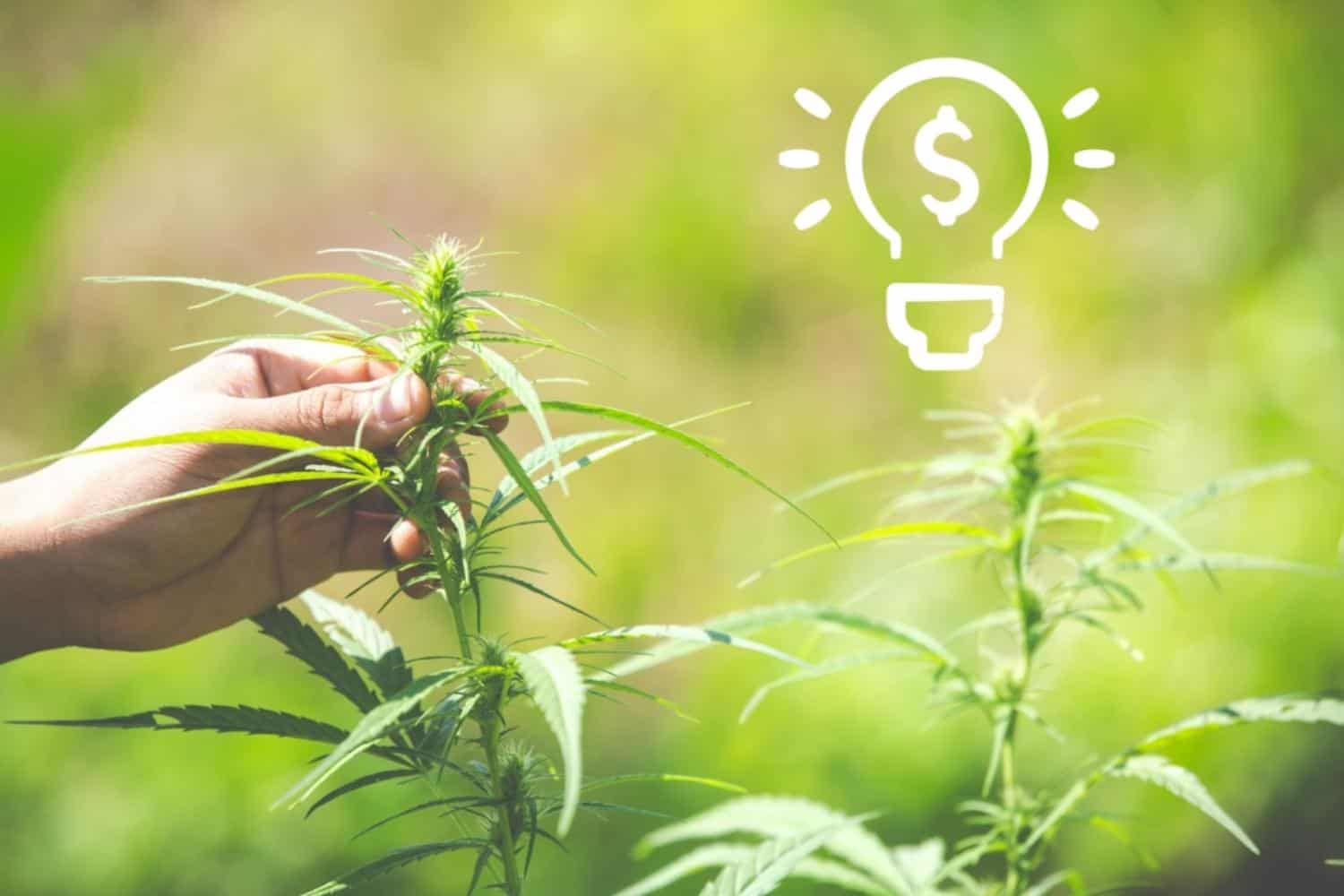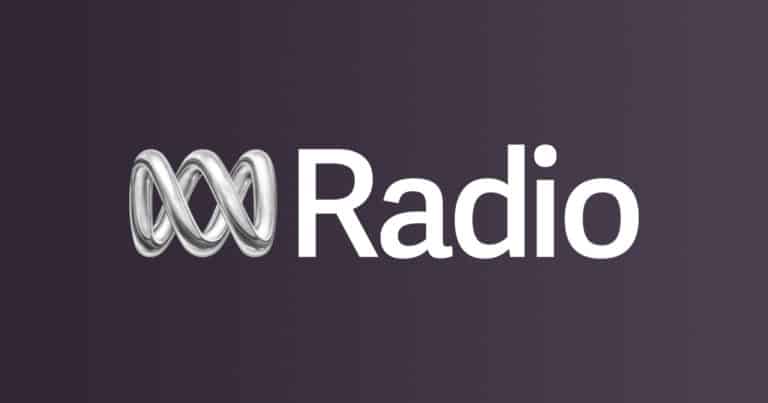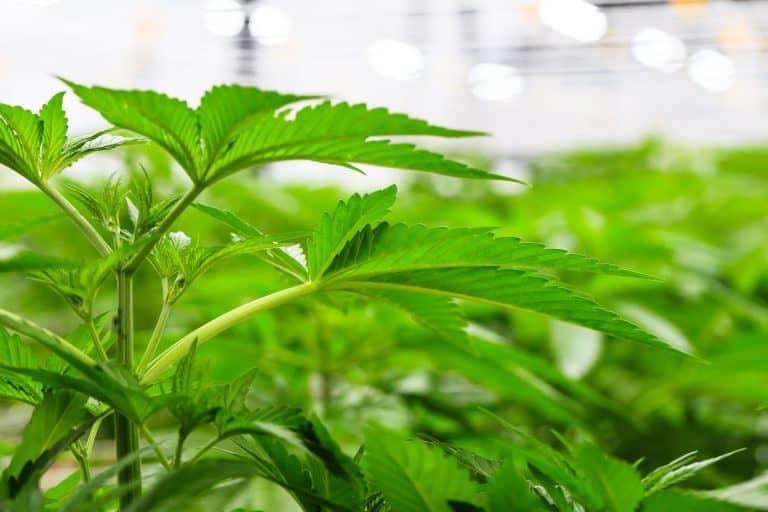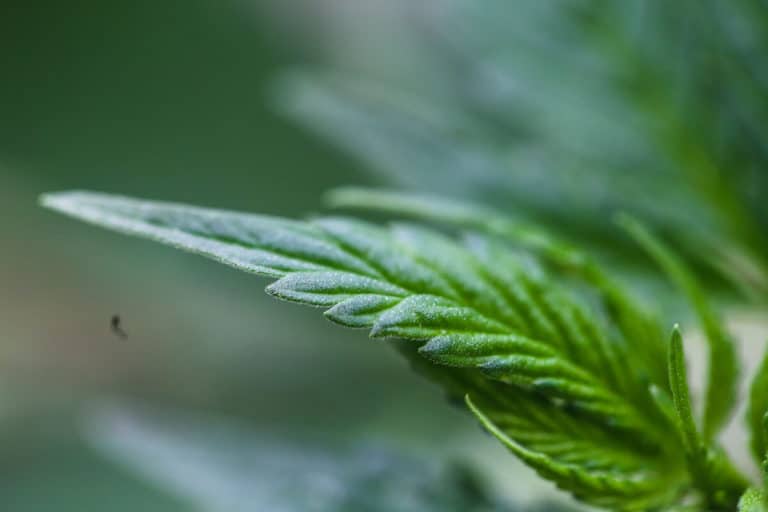Hemp businesses suffering from Facebook advertising rules
Hemp businesses in the US are suffering from Facebook and Instagram’s strict advertising rules despite the product — and its cultivation — being legal in the country for a number of years.
Entrepreneur Mike Goose, whose company Let There Be Hemp makes tortilla chips from hemp seeds, has had ads rejected by Facebook since 2019 for violating its ban on ads for ‘illegal products or services’.
Goose told The New York Post: “Every ad was rejected. We’re very confused as to why they would reject them given that hemp [is] legal.”

When Goose questioned Facebook advertising rules about the problem, he was told via email that even though the ads weren’t promoting an illegal substance, “at times some content may get detected related to content that has been marked as unsafe”.
He said the ban was making it very difficult to attract new customers.
“Our biggest issue right now is our ability to get our name out there. Facebook ads are important for a business like this because we don’t have major budgets.”
He said the platform’s ability to target customers based on location, likes and interests made it particularly attractive as an advertising vehicle.
A recent survey found 66% of small businesses in the US use Facebook for advertising, while 41% use Instagram.
“Facebook advertising are important for a business like this because we don’t have major budgets.”Mike Good, Let there be hemp
The social media sites’ parent company Meta has yet to respond to the Post’s request for comment. Its advertising rules do not mention hemp by name but prohibit “the sale or use of illicit or recreational drugs, or other unsafe substances, products or supplements, as determined by Facebook in its sole discretion”.
Ohio-based hemp gelato maker Wonderlab’s Doozy Pots found using the term ‘plant-based’ rather than ‘hemp-based’ resulted in their ads being approved by Facebook.
However, founders Kirsten and Karl Sutaria said the move made it difficult to stand out from their competitors.
“Our competitors, if they’re using coconut or a cashew base, they can talk about the benefits,” Karl Sutaria told The Post. “We can’t talk about hemp in our ads. It’s an unfair disadvantage to us.”
In 2019, a CBD entrepreneur sued Facebook in the US over its advertising ban, claiming the company “wrongfully censored” ads for an online conference about the substance, but the suit was later dismissed.
Written by: Cannabiz








